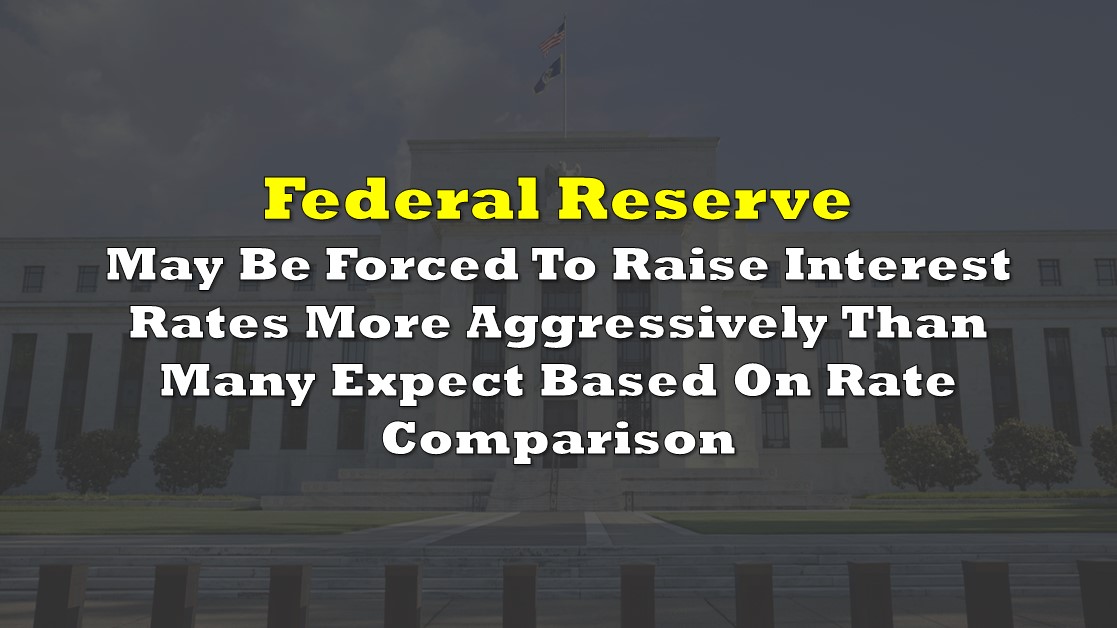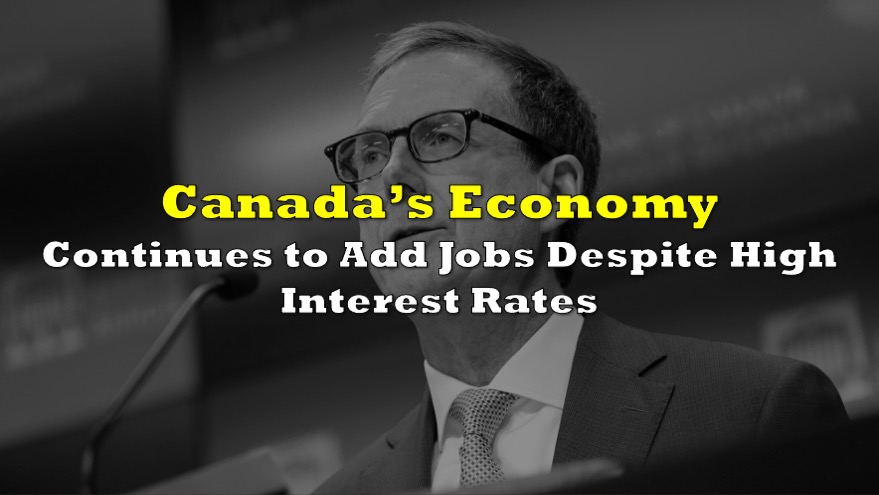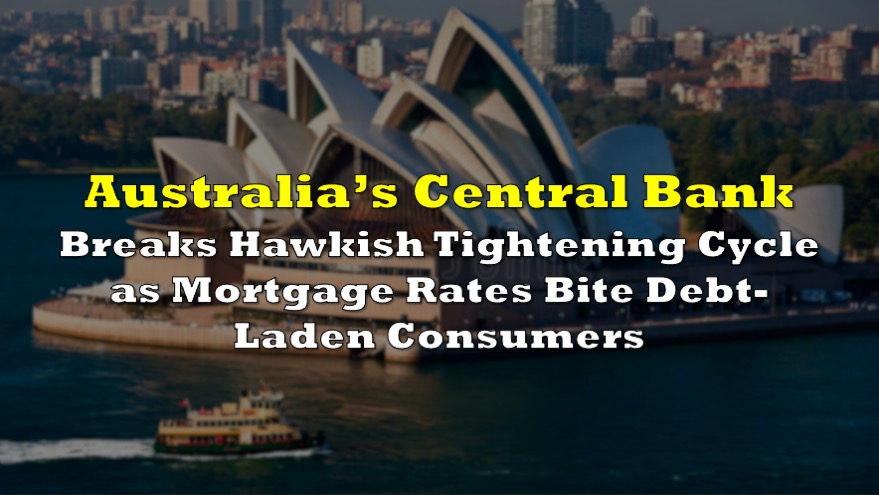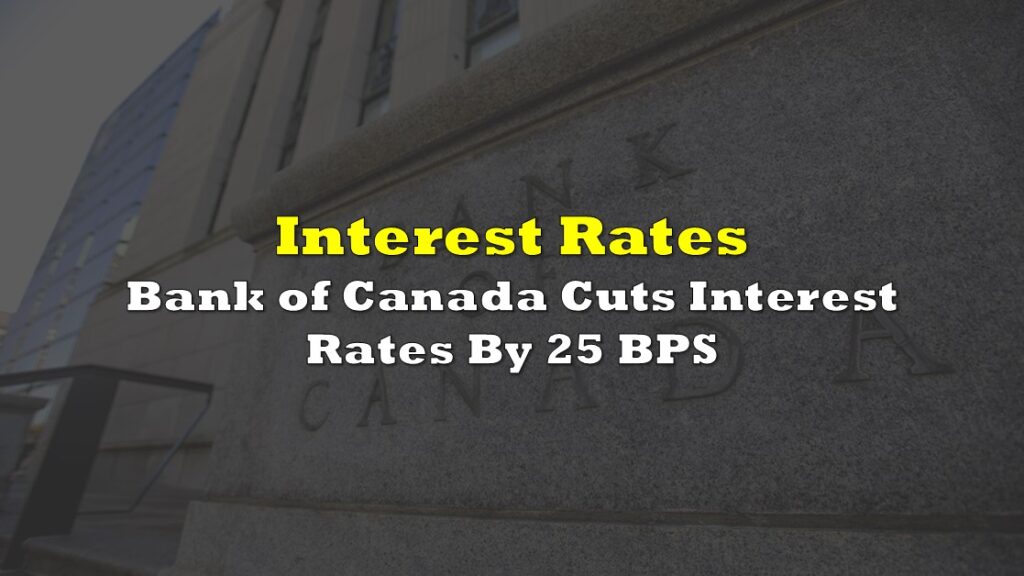To combat significant and growing inflationary pressures, the U.S. Federal Reserve Board plans both to raise its benchmark federal funds rate markedly and to discontinue its extremely aggressive bond buying program this year. Analysts generally expect the short-term rate to reach 1.5% to 2% by year-end, up from the current 0% to 0.25% setting, through a series of hikes throughout 2022; additional increases are projected in 2023.
So far investors have generally accepted this coming medicine quite well, allowing stock market indices to remain close to record high levels. For investors optimistic that the Fed will be able to bring inflation down from the current 7.5% rate (as measured by the consumer price index) to far lower, more palatable levels with just a fairly modest series of increases, the below graph must look quite scary.

The red line in the graph above is an index of Trimmed Mean Personal Consumption Expenditures (PCE) in the United States. Computed by the Federal Reserve Bank of Dallas, this index ranks the individual components of PCE in terms of lowest to highest monthly price changes. A certain fraction of the most extreme observations is thrown out, or “trimmed” from the calculation, leaving an inflation rate that is a proxy for the true core PCE inflation rate in the U.S.
The green line in the above graph is the Fed’s target federal funds rate which been held at nearly zero since March 2020.
The two most recent Trimmed Mean PCE readings are 5.5% in December 2021 (6.1% excluding food and energy), and 7.8% (5.9% excluding food and energy) in November 2021. These represent the highest readings since mid-1982.
In mid-1982, the federal funds rate was set at 10% or more to quell the same level of inflation we are now seeing in the economy. Based on this data point, investors’ expecting that a series of small Fed moves in 2022 to raise short-term interest rates by perhaps 200 basis points from the lowest sustained levels in history will be sufficient to “slay the inflation dragon” has to be considered a very optimistic scenario.
Of course, a more plausible Fed strategy to achieve a meaningful reduction in inflation would entail larger and faster Fed fund rate hikes. The daunting problems associated with this tack are: 1) the stock market may not react favorably; and 2) the prospect of higher interest rates on the U.S.’s roughly $30 trillion of government debt would have an extremely adverse impact on the country’s budget deficit.
A few weeks ago, MarketWatch published a study which shows that since the mid-1990s, the stock market has performed well during periods of Fed tightening. Indeed, the average increase in the S&P 500 Index during such periods is more than 60%, while the median is closer to 30%.

Given the magnitude of interest rate hikes the Fed may ultimately be required to put into effect in 2022 and 2023, it is uncertain whether the same constructive stock market dynamics will play out this time.
Information for this briefing was found via Edgar and the companies mentioned. The author has no securities or affiliations related to this organization. Not a recommendation to buy or sell. Always do additional research and consult a professional before purchasing a security. The author holds no licenses.









